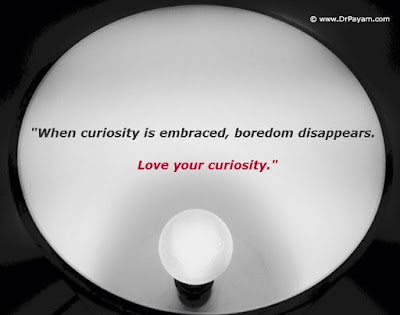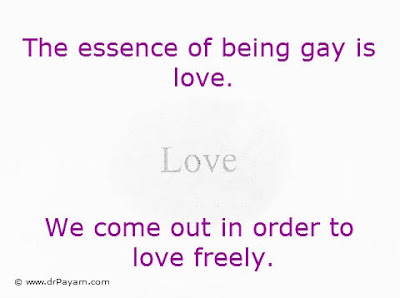Goal Oriented Psychotherapy Practice
By
There are number of ways to conduct psychotherapy sessions
that can be helpful in meeting the client’s needs and matches the therapist’s
style. A goal oriented psychotherapy practice which utilizes a goal setting
method is one way to practice psychotherapy. This is a collaborative process that
clarifies what the client would like to accomplish during his or her
psychotherapy process. Goal setting also helps with constructing a vision of life
as it relates to each person’s unique circumstances. Some goals relate to the betterment
of one’s external life such as career, finances, education, relationship, and health.
Other goals can be about exploring one’s inner world and working toward inner balance,
deepening the relationship with the Self, accessing one’s creativity, healing
from trauma, and improving mood. These are small examples of common goals
clients bring to their psychotherapist which can add clarity to the process.
In general, working on
establishing decisive goals for one’s life can help increase motivation and
avoid getting lost. People often feel more motivated in life when they have a
sense of purpose, and goal setting can give them such a sense. In addition to
helping with motivation, goal setting can improve self-confidence. It affirms
the fact that one’s life is worthy to have goals, and the attainment of them helps
believing in oneself. I find it extremely rewarding when my clients express joy
for progressing toward their goals or attaining them.
Writing down goals in positive language, practicing patience
in achieving them, and keeping them manageable for the client are part of the
goal setting process. Establishing goals in an affirmative manner can help
generate positive emotion to support their attainment. Also, while practicing
patience avoids unrealistic expectations in attainment of one’s goals, the
process needs to be time-bound. Since every client’s circumstances are unique, it
is important to respect people’s time table while collaborating with them in
creating target dates. Moreover, goals need to be manageable to avoid making
the client feel overwhelmed. The more specific the goal the more manageable it
becomes. In some cases, it is important to help the client prioritize their
objectives and work on one goal at the time.
Therapists can help clients feel less alone in achieving
their goals. This can be done by working with them to identify resources in
their lives and in their communities. I often find it helpful to provide a list
of community resources to clients who have difficulty obtaining them. For
example, a client who is unemployed and can’t afford accessing the internet
might find it useful to know about the free internet access at the West Hollywood
library.
Finally, those individuals who have difficulty setting
decisive goals can benefit from depth oriented psychotherapy which tends to
look for unconscious elements that can get in the way of having a clear
direction in life. I find helping people to understand their life challenges on
a deeper level very useful. No one deserves to feel shame for his or her
difficulty in establishing clear goals and having empathy for such struggle is
essential. When it comes to practicing psychotherapy, one size does not fit all.
Therapists can be flexible in offering modalities that meet the client where
they are.








